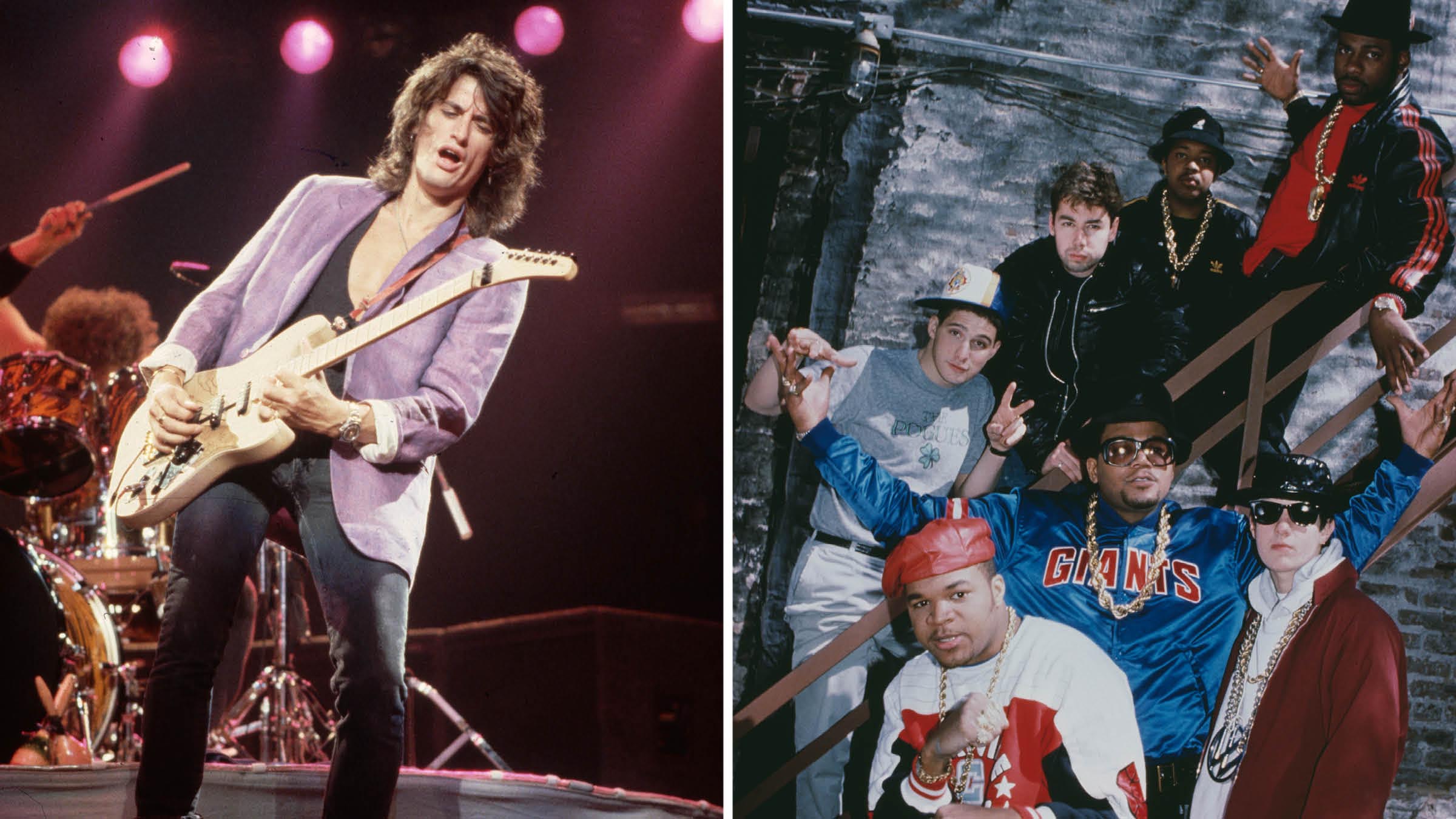“I was like, ‘Joni, that’s gonna be terrible, we need an amp.’ She was like, ‘Would you just try it?’” Robben Ford on Joni Mitchell’s fuzz pedal experiments that shaped one of her most adventurous tracks
Ford says the experience defines what “the ultimate creative artist” is like to work with – and it changed the way he played

All the latest guitar news, interviews, lessons, reviews, deals and more, direct to your inbox!
You are now subscribed
Your newsletter sign-up was successful
Robben Ford has reflected on working with Joni Mitchell, and how her defiance of guitar pedal conventions led to one of her most unique tracks.
Before becoming a solo artist revered for his virtuosic jazz/blues fusion chops, Ford had ingratiated himself into the music scene at a young age and became a go-to hired gun for many big-name artists.
He earned himself a place in George Harrison's live band for the Dark Horse tour, and worked closely with Joni Mitchell on stage and in the studio. His relationship with the Big Yellow Taxi singer is one he holds in high regard.
“She was lovely to work for. The musicians around her were all great – especially on the first tour, which resulted in the Miles of Aisles album. It was just a constant joy,” he tells Guitar World in a soon-to-be-published interview. “She never distanced herself in any way from the band, [there was the] feeling where you’re all in it together.
“And, of course, her next record was The Hissing of Summer Lawns, which is like frigging Sgt. Pepper’s, you know? It’s just a work of genius.”
When it came to recording, the gear that Ford and the rest of the band used on her albums was never a huge deal. They worked with what they had – and Mitchell had some maverick ideas for recording.
Ford continues, “I’ll tell you one thing that exemplifies what it was like to work with her: we used the volume pedal a lot in those days, but she said, ‘Robben, how about you just plug into a [Maestro FZ-1] Fuzz-Tone and then plug directly into the console and we’ll see what that sounds like?’
All the latest guitar news, interviews, lessons, reviews, deals and more, direct to your inbox!
“I was like, ‘Oh, Joni, that’s gonna be terrible, we need an amp,’ you know?”
But the singer pushed back, argued the case for trying it out. Just to see.
“Begrudgingly, I was like, ‘Okay…’” he says. “And that turned out to be the guitar on In France They Kiss on Main Street. It’s different and cool, and it made me play a different way. So, she was creative, and never in a hurry, you know, patient, like that.”
https://www.guitarworld.com/gear/does-bad-guitar-tone-even-exist-anymoreMitchell understood that just because something wasn’t the ‘done way’, it didn’t mean it was necessarily the wrong way. It's a mindset that has shaped many contemporary trends, including the djent guitar movement, and the current obsession with plugging direct into multi-track recorders a la Mk.gee. Mitchell was ahead of the curve.
Ford’s full chat with GW will be published online in the near future.
In related news, session virtuoso Andy Wood recently recalled the time Ford brought his prized Dumble to a guitar retreat and let fans play it. Ford's jazz and blues-amalgamating guitar style has also been the subject of an in-depth GW guitar lesson.
A freelance writer with a penchant for music that gets weird, Phil is a regular contributor to Prog, Guitar World, and Total Guitar magazines and is especially keen on shining a light on unknown artists. Outside of the journalism realm, you can find him writing angular riffs in progressive metal band, Prognosis, in which he slings an 8-string Strandberg Boden Original, churning that low string through a variety of tunings. He's also a published author and is currently penning his debut novel which chucks fantasy, mythology and humanity into a great big melting pot.
You must confirm your public display name before commenting
Please logout and then login again, you will then be prompted to enter your display name.


